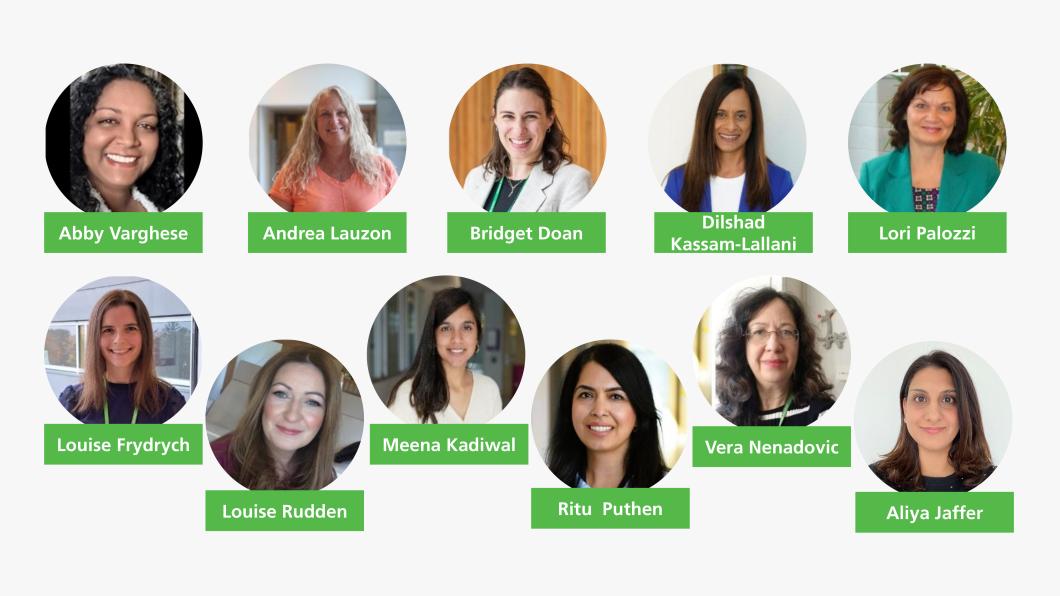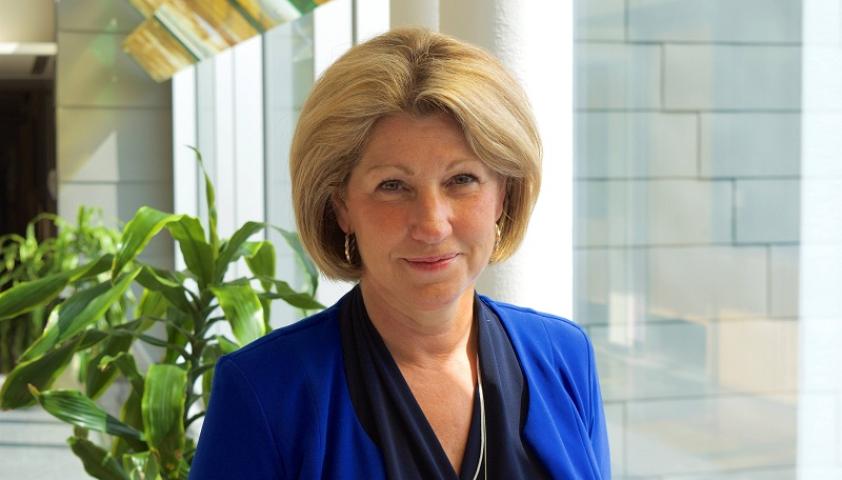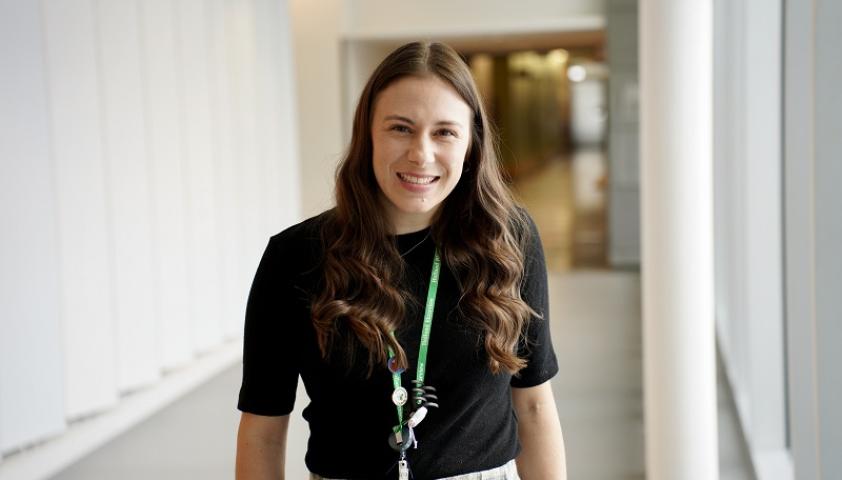
Celebrating the vital contributions of nurse practitioners during Nurse Practitioner Week
They’re there during some of the most challenging moments of a child’s rehabilitation journey. They support families in navigating care by collaborating across inpatient and outpatient settings, while also contributing their expertise at leadership tables. They are Holland Bloorview’s nurse practitioners (NP) — compassionate clinical leaders who help shape the future of pediatric disability care.

“At Holland Bloorview, nurse practitioners are driving transformative change for children and families,” says Irene Andress, vice president of programs and services, and chief nursing executive. “With deep clinical expertise and a holistic approach, they lead with compassion, insight and advocacy—bridging gaps in care and empowering families every step of the way. We are proud to have such exceptional leaders shaping the future of pediatric health care.”

A conversation with nurse practitioner Bridget Doan
Bridget Doan is one of 11 nurse practitioners highly skilled in providing individualized, holistic care and in empowering families through education and partnership. Embedded within multidisciplinary teams across the hospital, Doan – like each NP – brings diverse experience and valuable insight to ensure the highest quality care for clients and families.
As a nurse practitioner psychotherapist in the psychopharmacology clinic with a specialization in mental health, Doan is among a small number in the province with this level of expertise.
Tell us about your role as a nurse practitioner psychotherapist.
I work with children and adolescents who have autism or similar diagnoses, and who also experience challenges such as anxiety, depression, OCD, ADHD or other interfering behaviours. They come to us to understand how their behaviour and emotions impact their lives and we help them make plans to reach their goals.
Day to day, I assess for comorbidities, identify behaviours at home and school, and determine which medications or therapies might help. Medications can be complex and require close monitoring, so we spend time educating families on the options and working with them to find the right balance. When we get it right, the changes can be life-changing — opening up new opportunities and experiences for children and their families.
What do you find rewarding about being a nurse practitioner?
I learn from clients and families every day. Their experiences help me grow as a better clinician, a better parent and a better educator. I’m really honoured that I can be a part of their journeys.
I’m so fortunate that I get to work with the best team in the world. Myself, along with a pharmacist, registered nurse and behavioural analyst, build on each other’s skillsets to provide the best possible care for the families we serve.
Is there one client or family interaction that comes to mind?
We had a young client come to us from a local hospital as he was unsafe to be at home or school. We worked collaboratively with the child and his parents to get in him in the right therapy program, consolidate his medications and advocate for him to return to school. We recently met with his mom and he is now attending a traditional middle school and competing in a sport he was once unable to participate in. Knowing that he is thriving means so much to me as a clinician.
What changes would you like to see within the health-care system?
Access to services varies widely across Ontario. We see children from communities like Thunder Bay and Sault Ste. Marie who don’t have the same supports available in urban areas – such as respite care, specialized camps, or behavioural interventions. Expanding access to these services would be a big wish of mine.
Access to primary care is also a major gap, especially for children with neurodevelopmental conditions. Ideally, every child would have access to a nurse practitioner-led clinic or family health team close to home. This would not only support families earlier in their journey, but also help youth transitioning to adult care maintain continuity, particularly when it comes to ongoing medication support.
What is most important to keep in mind when supporting clients and families?
Meeting families where they’re at and taking an evidence-based approach that puts the client at the centre is most important. Even the best treatment plan in the world will only be effective it’s co-created in partnership with a child and their family so that it’s going to benefit them in the end.
Thank you to all nurse practitioners for supporting clients and families at Holland Bloorview and shaping the future of pediatric disability care!
As told to Suelan Toye, this interview has been edited for brevity.